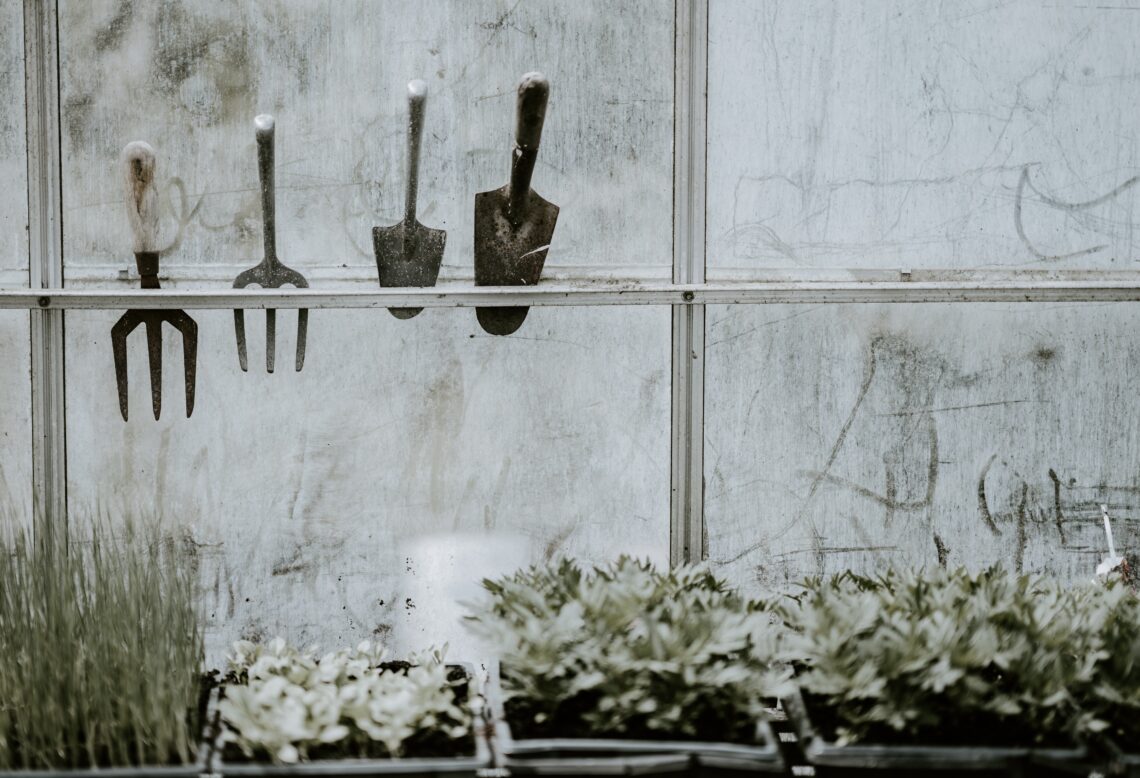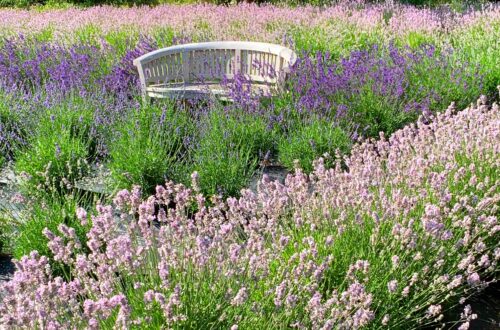
Planting different winter crops can be a rewarding and fruitful endeavor, but success depends on one crucial factor: understanding and planting according to your specific hardiness zone. While the colder months might deter many gardeners, winter provides a unique opportunity to extend your growing season and reap a bountiful harvest. By selecting crops that thrive in your particular zone, you can ensure a fresh and healthy supply of vegetables during the chilly season, adding variety to your menu. In this blog post, we’ll explore a selection of winter crops that thrive in cooler temperatures, provide tips on planting and care, and highlight the many benefits of winter gardening. Remember, the key to a successful winter garden is planting wisely based on your hardiness zone.
Cold-Hardy Leafy Greens
Cold-hardy leafy greens are a fantastic addition to your winter garden. Varieties like kale, spinach, Swiss chard, and collard greens can withstand frost and even taste sweeter after exposure to cold temperatures. These greens are rich in vitamins and minerals, providing a much-needed nutrient boost during the winter months.
Planting Tips:
- Sow seeds in late summer or early fall to ensure mature plants by winter.
- Provide a protective mulch to insulate the soil and prevent frost damage.
Root Vegetables
Root vegetables, such as carrots, beets, turnips, and parsnips, are excellent winter crops. These hardy plants can endure frost and are a versatile addition to your kitchen. Roasted, steamed, or turned into soups, they offer a variety of culinary possibilities.
Planting Tips:
- Plant seeds in late summer to early fall for winter harvest.
- Mulch with straw or leaves to prevent freezing and make harvesting easier.
Winter Squash
Winter squash, including butternut, acorn, and spaghetti squash, can be grown in many regions during the colder months. They are not only delicious but also provide a good source of vitamins, fiber, and antioxidants.
Planting Tips:
- Start seeds indoors in early summer, then transplant them outdoors when the danger of frost has passed.
- Squash plants should be well-established by the time winter arrives.
Brassicas: Cabbage and Brussels Sprouts
Cabbage and Brussels sprouts are part of the Brassica family, which also includes broccoli and cauliflower. These hearty vegetables thrive in the winter cold and are packed with vitamins and fiber.
Planting Tips:
- Plant seedlings in late summer, ensuring they have time to mature before winter.
- Protect them from pests with row covers or netting.
Onions and Garlic
Onions and garlic are essential winter crops for adding flavor to your dishes. These underground alliums are easy to grow, require little maintenance, and can be harvested throughout the winter months.
Planting Tips:
- Plant onion sets or garlic cloves in the fall, and they will develop strong roots over the winter.
Benefits of Planting Winter Crops
Extended Growing Season: Winter crops extend your growing season, providing fresh produce when other plants are dormant.
Cost Savings: Growing your own winter crops can save money on grocery bills.
Fresh, Local Produce: Winter gardening allows you to enjoy the freshest, locally-sourced vegetables, reducing your carbon footprint.
Health Benefits: Winter crops are rich in essential vitamins and nutrients, contributing to a healthier diet during the colder months.
Therapeutic Benefits: Gardening in winter can provide a sense of accomplishment and a connection to nature, even when it’s cold outside.
As you can see, planting different winter crops is a rewarding endeavor that can yield fresh, healthy, and delicious produce throughout the colder months. With proper planning and care, you can enjoy a diverse array of vegetables and herbs, making your winter garden an essential component of your sustainable and nutritious lifestyle. So, don’t let the frost deter you; get your hands dirty and start growing your winter crops today. Your taste buds and well-being will thank you.




